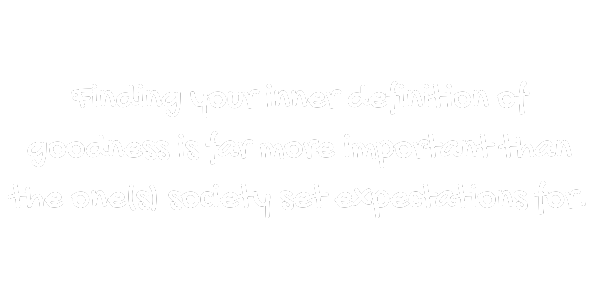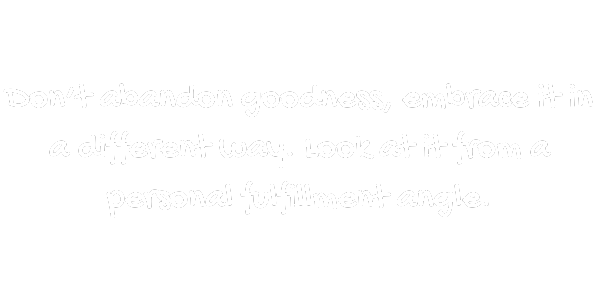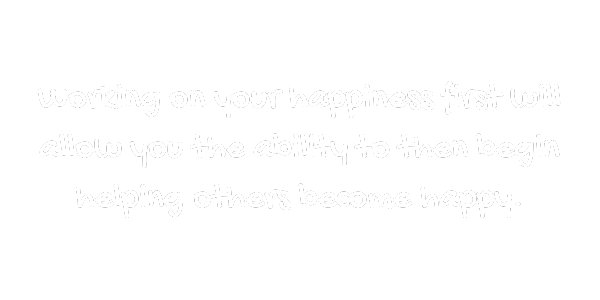Society sells this fantasy that virtue always finds reward – that earnest decency alone can shield us from misfortune while charming universal admiration. But reality reflects far less poetic justice. Because while conducting yourself properly seeds self-respect, it earns no guaranteed external protections in return.
Beyond the occasional reciprocated act of kindness, most navigate life governed by incentives, not moral ledger keeping. Holding doors gains no preferential treatment when roles reverse. Fairness remains fabricated imaginings, not life’s operating system. Unfortunately, outside of heartwarming fictional anecdotes, reality reflects much less poetic justice. Because simply conducting yourself properly neither shields nor salvages us from life’s harsher kicks and crosses.

So abandon assumptions that honorable intentions deserve compensation from the world. Noble acts planting goodness should focus on intrinsic/internal fulfillment, not transactional score keeping for validation. Being true to yourself and deciding what your moral compass gives you as comfort should be a pillar of your character.
This truth extends across relationships and business alike. Support you provide during your friends issues and tribulations having reasonable hope for returned favors someday, but it’s never a guarantee. That will depend on the relationship you have with them. Institutions and companies reward past customer or employee loyalty only until shareholders, or the balance sheet demands otherwise.

Beyond immediate friends and family touched more directly by your empathy, outside parties largely navigate concerns orbiting exclusively around themselves. Yes – society’s majority default dances along the lines of narcissism and apathy when incentives go unchanged. This truth extends across regular friendships, love interests, and commercial spaces alike. Business bears no inherent obligation rewarding past loyalty or earnestness through unreliable times as we have discussed in other letters.
A good example of this is financial institutions. They routinely deny requested credit because formulaic scoring models tell them to do so. Your outward show of “goodness” is not factored in, and thus a personalized assessments of your character is formed by an algorithm based on how you pay your bills. They know nothing else about you, yet can determine your “goodness” by one metric alone.

Does this imply abandoning noble instincts as a hollow exercise, since reciprocation cannot be expected? Of course not – behaving decently ultimately anchors mindsets that drive personal fulfillment within moral lines leaving minimal regrets. The goal is a good balance between fulfillment and regret. Sometimes, no matter how hard we try, regret will form and show itself. The emphasis lies in pursuing righteousness for real world rewards rather fulfilling assumed social contracts promising better treatment.
Neither sweet words nor reliability rules prevent unjust barriers appearing through no fault of your own. Realism requires accepting that while virtue signals individual character, outside parties largely orbit concerns around themselves. They will generally want your goodness, but will filter heavily the goodness they provide you – only when it serves their own needs, desires, or goals.

The aim here isn’t condemning realities where ethical effort finds disproportionate impact. But releasing perceived entitlements to “just be nice” reduces resentment when they never arrive. Happiness sustains itself through celebrating goodness despite spotty external recognition. Focusing on your happiness first will lead to you having the capacity to make others happy. Putting other peoples happiness first will leave you feeling very empty and alienated.
So seek motivations aligning values with action beyond chasing admiration. Social contracts promising that decency delivers comfort are fables. Outcomes cannot be controlled by you when it comes to society, or other people. But integrity driving conduct, ambitions directing energies outward, and relationships nurturing our highest selves – that trifecta anchors inner peace even on worst days. Inner peace and personal fulfillment should be the catalyst and driver for your level and choices for goodness.
Let go of perfect justice fantasies. The world may not treat you better solely for being good person. But external validation matters far less than self-respect and community connections when constructing sustainable fulfillment.

